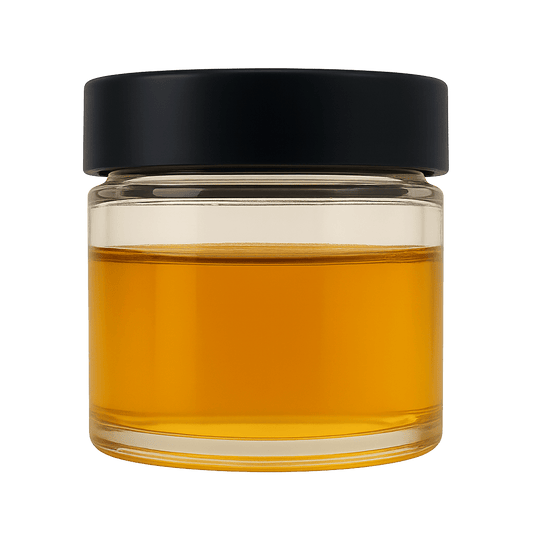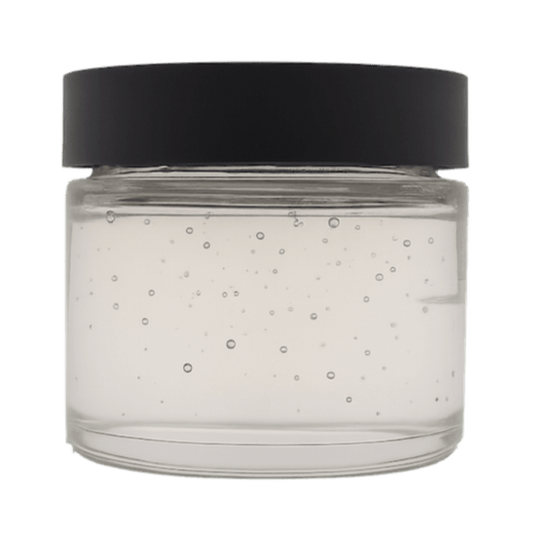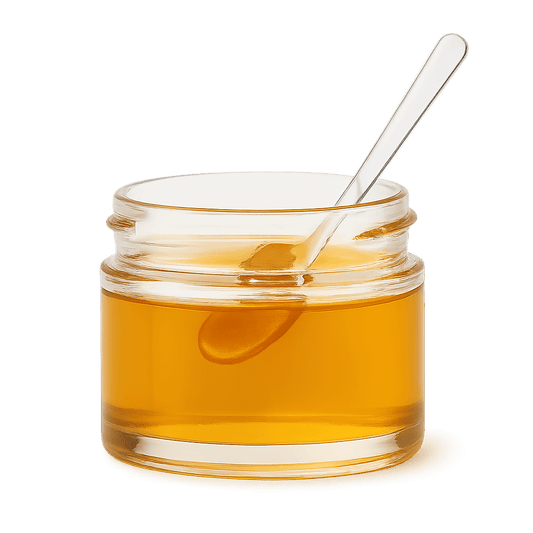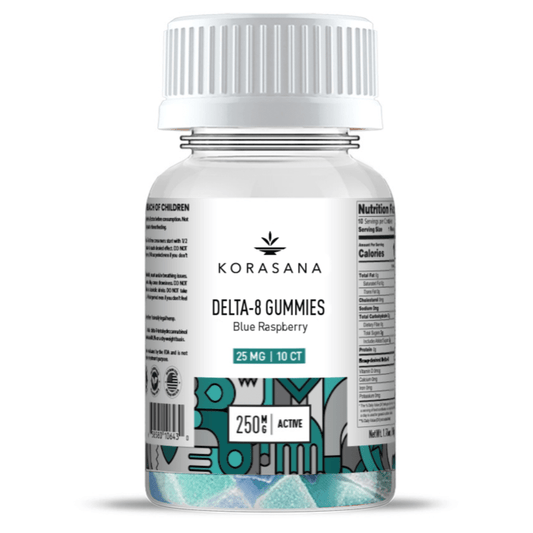Is Delta 8 THC Legal in Washington?
NO - Delta 8 THC is Not Legal in Washington
Delta-8 THC is technically considered legal in Washington if it's produced in an unfeasible way and sold as part of the regulated cannabis market. However, due to legislative changes and regulations, the sale and production of Delta 8 THC in ways most companies utilize, which involves converting CBD into Delta 8 through chemical reactions, have been essentially banned since July 23, 2023. This ban is a result of Senate Bill (SB) 5276, passed in 2019 following the Federal Farm Bill, and further legislative actions that culminated in SB 5367 in 2023, defining any product with any detectable amount of THC as a cannabis product and thus subject to regulation under the state's Liquor and Cannabis Board (LCB) policies. These policies prohibit the sale of Delta 8 products in licensed marijuana retail stores if they are produced synthetically from CBD or other sources.
The implications of these regulations are significant. Prior to these changes, there was a legal grey area that allowed the sale of hemp-derived Delta-8. However, with the enforcement of these laws, such products cannot legally be sold in Washington unless they are sourced naturally, which is currently not commercially viable. This means that, as of July 23, 2023, D8 THC cannot be legally purchased in Washington from the once-popular hemp program. The state's regulated marijuana system under I-502 is the only pathway through which any intoxicating cannabinoid product, including Delta-8 THC if naturally sourced, could legally be sold.
For residents or visitors to Washington interested in Delta-8, the current legal framework suggests looking toward the traditional cannabis market for products that might offer similar benefits, as the regulated cannabis market continues to operate under state law with products thoroughly tested and monitored for safety and quality.
Legal Status of Delta 8 in Washington
The legal status of Delta-8 THC in Washington has evolved through a series of legislative and regulatory actions, culminating in a complex framework that effectively restricts the sale of most Delta-8 products. Here's a more detailed look at the sources and laws or bills that have shaped this landscape:
-
Senate Bill (SB) 5276 (2019): This bill was passed following the 2018 Federal Farm Bill, defining hemp in a manner consistent with federal definitions and initially creating a legal pathway for hemp-derived products, including Delta-8 THC, in Washington. However, this was the beginning of a legal framework that would later be tightened.
-
Washington State Liquor and Cannabis Board (LCB) Policy Statement (April 28, 2021): The LCB, which oversees the marijuana industry but not the hemp industry in Washington, issued a policy statement indicating that Delta 8, along with other cannabinoids that have been genetically or chemically altered, may not be produced, processed in LCB licensed facilities, or sold in licensed marijuana retail stores. This effectively started the process of restricting access to Delta-8 THC produced through chemical conversion from CBD.
-
Senate Bill (SB) 5367 (2023): This bill further clarified the state's stance by adding to the definition of cannabis products any product intended to be consumed with any detectable amount of THC, thereby encompassing Delta-8 THC. When this bill took effect on July 23, 2023, it effectively banned the sale of Delta-8 THC products that are not part of the state's regulated cannabis market. The bill reflects a tightening of regulations around cannabinoids and aims to regulate the sale of intoxicating products more strictly.
SENATE BILL 5276
Sec. 2. RCW 15.120.010
“Hemp” means the plant Cannabis sativa L. and any part of that plant, including the seeds thereof and all derivatives, extracts, cannabinoids, isomers, acids, salts, and salts of isomers, whether growing or not, with a delta-9 tetrahydrocannabinol concentration of not more than 0.3 percent on a dry weight basis.
Sec. 5. RCW 69.50.101
(d) “CBD product” means any product containing or consisting of cannabidiol.
(f) “Controlled substance” means a drug, substance, or immediate precursor included in Schedules I through V as set forth in federal or state laws, or federal or commission rules, but does not include hemp as defined in RCW 15.120.010.
(x) “Marijuana” or “marihuana” means all parts of the plant Cannabis, whether growing or not, with a THC concentration greater than 0.3 percent on a dry weight basis; the seeds thereof; the resin extracted from any part of the plant; and every compound, manufacture, salt, derivative, mixture, or preparation of the plant, its seeds or resin. The term does not include:
(1) The mature stalks of the plant, fiber produced from the stalks, oil or cake made from the seeds of the plant, any other compound, manufacture, salt, derivative, mixture, or preparation of the mature stalks (except the resin extracted therefrom), fiber, oil, or cake, or the sterilized seed of the plant which is incapable of germination; or
(2) Hemp as defined in RCW 15.120.010.
(tt) “THC concentration” means percent of delta-9 tetrahydrocannabinol content per dry weight of any part of the plant Cannabis, or per volume or weight of marijuana product, or the combined percent of delta-9 tetrahydrocannabinol and tetrahydrocannabinolic acid in any part of the plant Cannabis regardless of moisture content.
The legal landscape around Delta-8 in Washington reflects a broader national conversation about the regulation of hemp-derived cannabinoids. While the 2018 Federal Farm Bill legalized hemp and its derivatives at the federal level, provided they contain less than 0.3% Delta 9 THC, states have the authority to implement their own regulations. Washington's approach has been to integrate Delta 8 THC products into its existing cannabis regulatory framework, requiring any such product to be sold within the regulated cannabis market. This stance is part of a trend seen in various states aiming to ensure consumer safety and regulate the intoxicating potential of Delta-8 THC products.
These legal and regulatory changes in Washington highlight the evolving nature of cannabis and cannabinoid legislation, reflecting concerns over consumer safety, product integrity, and the regulatory oversight of intoxicating substances derived from hemp
The information provided on this website does not, and is not intended to, constitute legal advice or any statements regarding the status of any laws. The information, content, and materials present on this site are for general informational purposes only and should not be relied upon for any specific purpose. Laws vary across different states and are subject to change. Therefore, information on this website might not reflect the most recent legal or other developments. Read our full legal disclaimer HERE.






